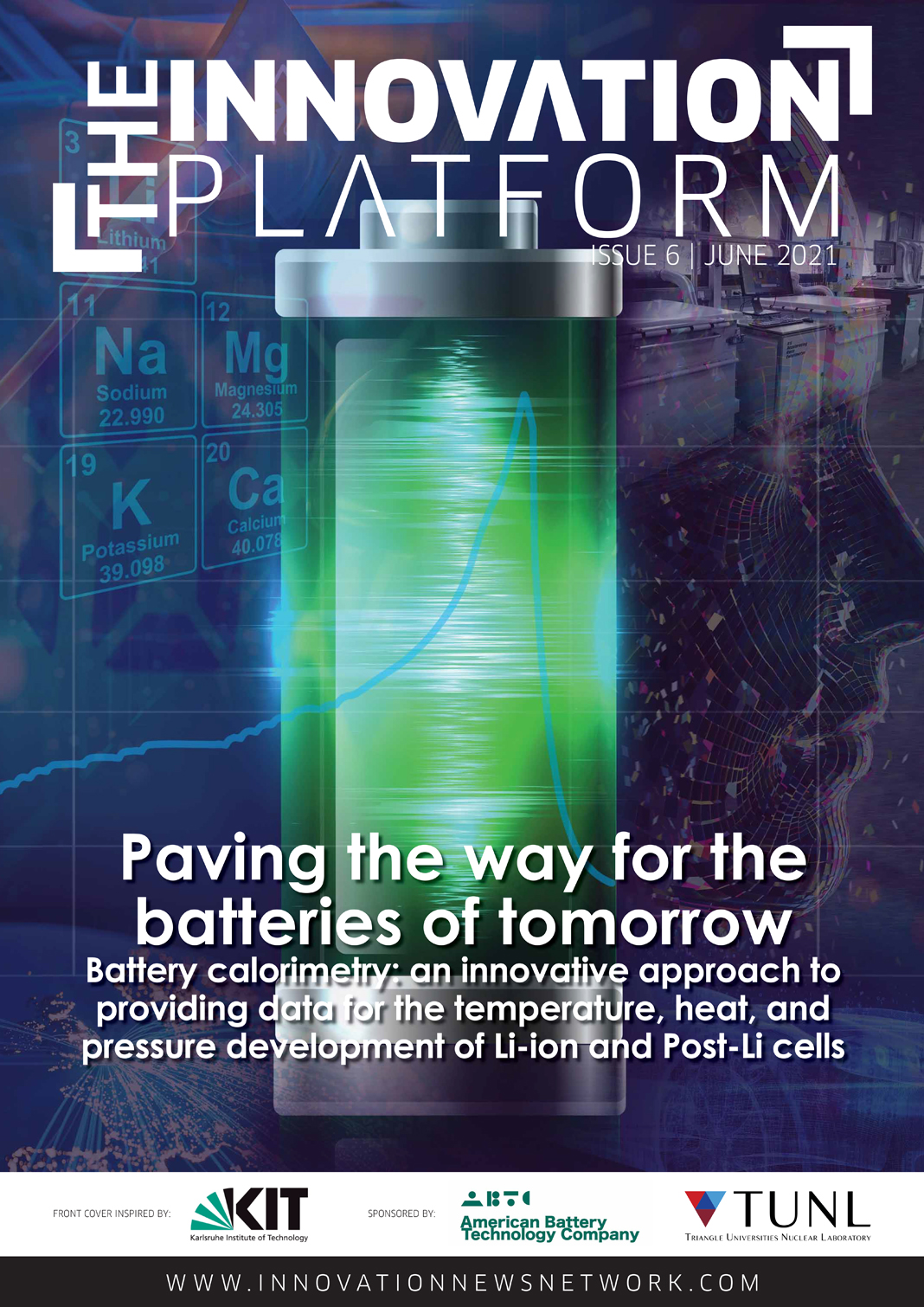The sixth edition of The Innovation Platform discusses research and innovation across the fields of physics, space, electric vehicles and batteries, aquaculture, healthcare and more.
The COVID-19 pandemic continues to teach us all many lessons, and this is also true of those in power; the decision makers who represent Europe’s citizens at the EU level have much to do as they lead Europe out of an unprecedented health emergency and into a period of, hopefully, recovery and growth. This work has already begun, with the EU agreeing to invest €750bn via NextGenerationEU, the temporary instrument designed to boost the recovery and which the European Commission calls ‘more than a recovery plan. It is a once in a lifetime chance to emerge stronger from the pandemic, transform our economies, create opportunities and jobs for the Europe where we want to live.’ Coupled with the EU’s long-term budget, this forms ‘the largest stimulus package ever financed in Europe. A total of €1.8 trillion will help rebuild a post-COVID-19 Europe. It will be a greener, more digital and more resilient Europe.’
As ‘a budget fit not only for today’s realities but also for tomorrow’s uncertainties’, this package needs to focus on the needs of Europe’s citizens. The Conference on the Future of Europe, which experienced months of delays as a result of both the pandemic and certain disagreements among Europe’s institutions, was therefore seen by many as being fundamental to shaping and reforming the European Union, being comprised of panels of ordinary citizens and overseen by the presidents of the European Commission, Council, and Parliament, the EU’s three main institutions.
However, others – most notably former UK Europe minister Denis MacShane, who told The Parliament Magazine that “Europe needs to do more and talk less…the problems Europe faces are due to a lack of decisions not a lack of conferences,” – are less than optimistic about what concrete reforms will emerge from the Conference.
In light of that, and in the context of the 2021 instalment of European Patients’ Rights Day, I have worked with Active Citizenship Network (ACN) on a series of interviews around the Conference’s expected health-related outcomes, and in the following pages you will find comments from MEP Tomislav Sokol, the European Federation of Nurses’s Paul de Raeve, and Eduardo Pisani from All.Can International, all following an introduction written by ACN’S Mariano Votta.
In addition to this Special Feature, this publication also includes a significant focus on nuclear, particle, and astrophysics – with content from CERN, the SLAC National Accelerator Laboratory, Yale University, and Professor Stavros Katsanevas, Director of the European Gravitational Observatory (EGO), amongst others. In the Space section, Dr Kate Isaak – Project Scientist for ESA’s CHEOPS mission – talks about how the mission will detect and characterise new worlds – and Dr Anita L Cochran from the University of Texas at Austin discusses her work exploring the evolution of our Solar System by studying comets.
Elsewhere, a substantial section on electric vehicles and battery solutions includes comments from the likes of the European Commission, the Batteries European Partnership Association (BEPA), the European Recycling Industries’ Confederation (EuRIC), and the European Association for Storage of Energy (EASE), covering topics such as regulation and the policy environment, industry, and materials.
In the Health section, alongside the Special Feature on European Patients’ Rights Day, subsections focus on areas such as microbiology, antimicrobial resistance, and coronary artery disease.
The Environment & Sustainability section begins with a focus on aquaculture and includes content from NOAA Fisheries, the Yield Lab Institute (on the Global Aquaculture Challenge), and the Aquaculture Stewardship Council, amongst others.
The Marine Biology Association’s Deputy Director, Dr Matt Frost, then talks about the importance of the UN Decade of Ocean Science for Sustainable Development and how scientific evidence can help inform policy, before Martin Dorsman, Secretary General of the European Community Shipowners’ Associations (ECSA), talks to me about issues such as the digitalisation of the shipping sector and the impact of the European Green Deal. Finally, in a section on agriculture, Roxane Feller – Secretary General of Animal Health Europe – highlights some of the challenges and opportunities facing animal health in Europe today.
These are just a few highlights from what can be found in the following pages, and I hope that you find them all as interesting and informative as I have found in their creation. I also welcome any comments you may have.
Clifford Holt
International Editor
The Innovation Platform


